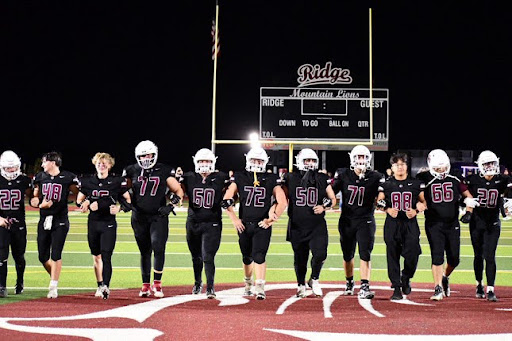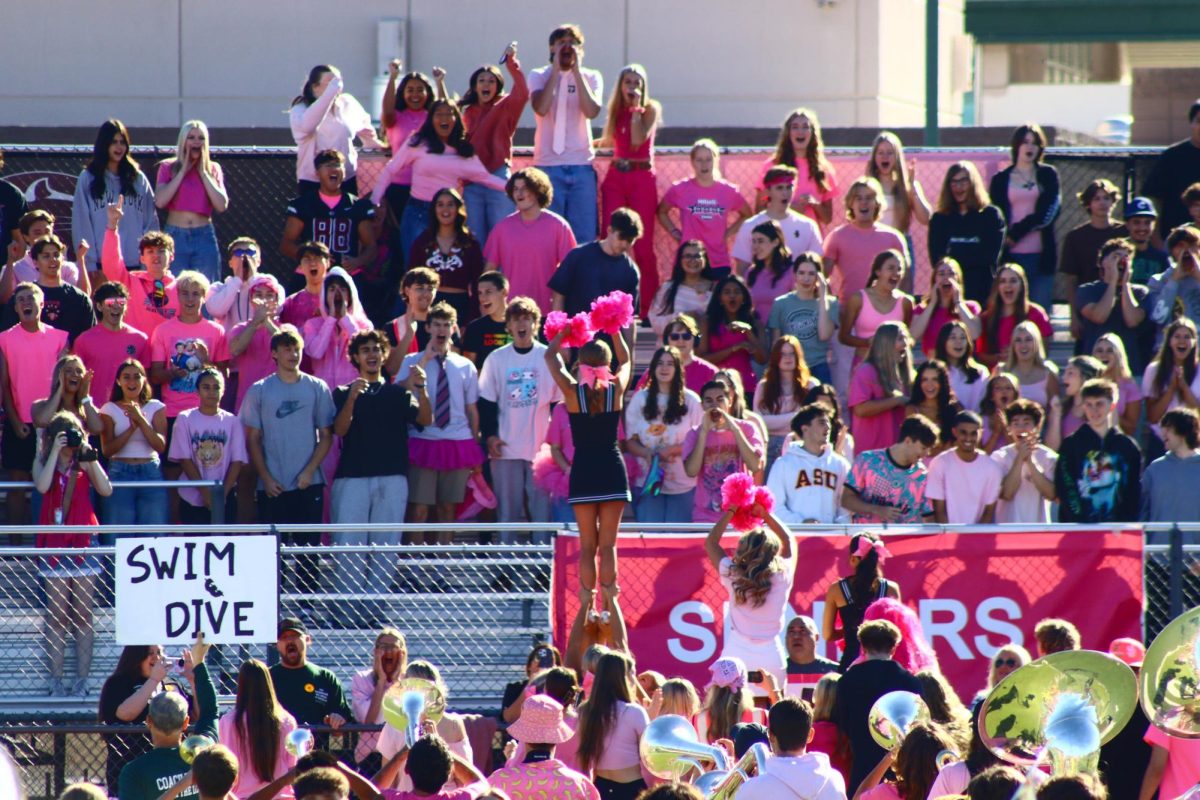An Improved System
January 30, 2019
From early childhood to adulthood, the average student will spend roughly 13 years in school, not including college education. This includes 8 years of getting their primary education, then another 4 years getting their secondary. While in school, students are given a whole variety of breaks. While seen as a great thing by many, the time we are in and out of school could be harmful without our knowledge.
Something that we struggle with when it comes to our 9 month schedule is the 3 months we get off for summer break. Over this time, our brains may not be getting the right amount of activity that they need. Some students will leave school for the summer with the intention of sitting at home all day, watching TV, being on their phone, or playing video games. When this is the case, our brain activity decreases on a very large scale and with such a long break, and our brains will not be ready to start obtaining next year’s information.
According to Brookings, on average, students will lose 25-30 percent of what they learned that past school year over summer break. This issue doesn’t only cause problems for the student but also for the teacher. Teachers will have to spend the first few weeks of the year bringing their students back into “school mode” which causes a setback for starting the year.
Another aspect our current schedule hinders is the amount of information we learn in one school year. In many cases, parts of the curriculum have to be cut from the school year because there isn’t enough time to cover certain topics in two semesters. Because of this short amount of time, teachers often have to breeze through each unit. This causes students to start to feel overwhelmed with the intense speed and the heavy amount of information that is being thrown at them all at once. The brain will overload, and the child’s retention and comprehension ability will start to decrease.
Such long breaks like summer’s also fails to prepare us for adulthood. Getting 3 months for a break is not something students will face in their adult life (unless they are teachers). By the time adulthood hits, the whole concept of working year round will be foreign to them and will therefore make it hard for them to adapt to adult life.
Taking these issues to mind, it is important to find different ways to solve them, since they can be so impactful. One solution to these problems would be to switch to a year-round school year. According to an article posted by Teachhub, year-round schools require the same 180 school days, but they are spread out over the course of a year. In this system, students are given shorter breaks between each term and summer is shortened. Teachhub also stated that some year-round schools have things like the “45-15 plan”, where students spend 45 days in the classroom, then get 15 days off. In Arizona, the Maricopa Unified School District does year-round school. They get breaks that are around 2 weeks long throughout the school year, and 2 months off for the summer.
By instituting a year-round school system, students and teachers will gain many benefits. Without the 3 month gap between school years, summer learning loss will be eliminated. This will make it a lot easier for students to get back into the swing of things, which will then allow teachers to spend less time reviewing and preparing their students to start a new year. The added time will also influence the speed at which teachers instruct. Slower speeds will allow students more time for comprehension and application and teachers will get to cover more topics in more detail. As far as preparation for the future, students wouldn’t be fully exposed to what adult life will be like because time off isn’t completely eliminated, but it will closer reflect adult life. Finally, as far as benefiting us in Arizona, we would have more time for breaks when the weather is nice, rather than a whole summer in the extreme temperatures of our beautiful state. We would get to be outside and enjoy the beautiful weather a lot more.
As a whole, the year-round education would have many benefits to all members of the school and would have an extreme influence on the outcomes of a child’s school experience. This leaves us with a lot to think about, would we be getting more out of our education if Ridge was a year-round school?






